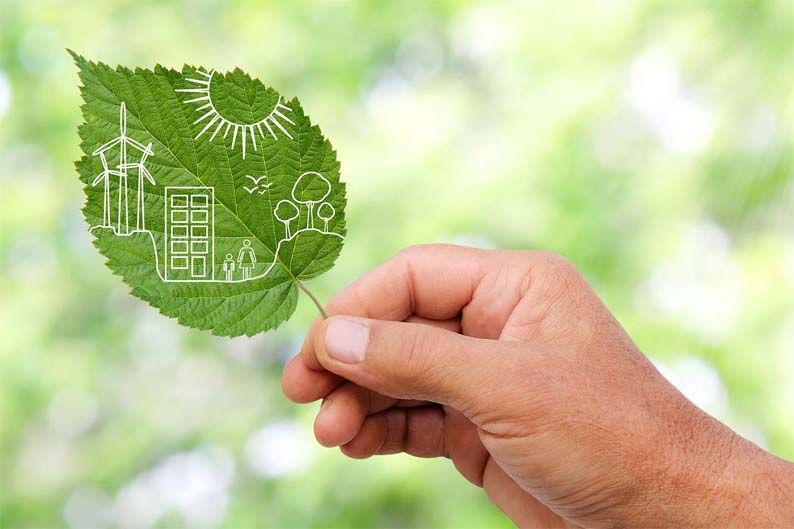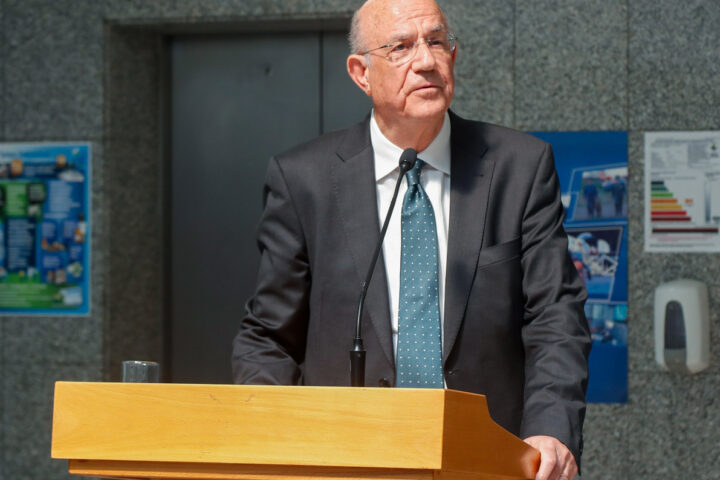 By Anna Artemi
By Anna Artemi
The adoption of the Clean Energy for all Europeans Package (CEP) in 2019 was the cornerstone for the regulation of the Energy Communities in European Union (EU) law.
The concepts of “Renewable Energy Community (REC)” and “Citizen Energy Community (CEC)” were introduced through the Renewable Energy Directive (EU) 2018/2001 (also known as RED II) and the Directive (EU) 2019/944 for the internal market for electricity, respectively, which are both part of the set of Regulations and Directives under the Clean Energy for all Europeans Package. RED II, as well as the amending Directive (EU) 2023/2413 (known as RED III), aim to facilitate the integration and market participation of Energy Communities. This legal recognition at EU level allows Energy Communities to participate and compete in the energy market under equal terms of competition.
Energy Communities refer to organisations or groups of citizens working together to produce, consume, or jointly manage energy. Typically, Energy Communities seek to achieve various goals, such as reducing greenhouse gas emissions, promoting sustainability, strengthening local community, energy justice, and reducing energy poverty.
Energy Communities can include various members beyond citizens, such as businesses, households, schools, and local organisations. An Energy Community should be accessible to all consumers, including those from low-income or vulnerable households. To be considered an Energy Community under EU law, it must be established as a legal entity, allowing it to have a formal existence with associated rights and obligations.
Energy Communities are defined as a kind of “collective self-consumption energy system”. This system involves ‘self-consumers of renewable energy sources acting jointly’, i.e. a group of at least two self-consumers of renewable energy sources located in the same building or apartment building (or within other premises if allowed by Member States). Under EU law, self-consumers are guaranteed the right to produce, consume, store, share and sell their own electricity.
Energy Communities should also be subject to fair and transparent procedures, reflecting network charges when consuming or supplying electricity to the network, without disproportionate discrimination against them. Member States should at least ensure that Distribution System Operators (DSOs) cooperate and facilitate energy transfers within Energy Communities.
Finally, the provisions of the EU legal framework suggest that all customers procuring energy from Energy Communities have the same rights as all other consumers in the energy market (e.g. right to be connected, right to switch supplier, access to information).
However, because these rights depend mainly on national legislation, the level of protection can vary considerably from country to country.
Best practices
In addition to the existing EU legal framework that defines and supports Energy Communities, the European Commission launched in 2022 the Energy Communities Repository initiative, which aims to disseminate best practices and provide technical assistance for the development of Energy Communities initiatives across the EU.
The Energy Communities Repository assists local actors – including citizens, local authorities and businesses – with the creation and promotion of clean energy projects led by Energy Communities in urban areas across Europe. In Cyprus, the Municipality of Strovolos is an example of a recipient of this technical assistance from the European Commission through the Energy Communities Depository.
There is currently a large number of Energy Communities in some parts of Northern and Western Europe, while they remain almost non-existent in the rest of the EU. According to the EU Energy Communities Map, there are about 9,200 Energy Communities in the EU. More than half of them are located in Germany, with the Netherlands, Denmark, Austria, and Ireland following suit. There are hardly any Energy Communities in Eastern Europe and in Cyprus.
In Cyprus, the legislative framework (including the promotion and encouragement of the use of renewable energy sources and the regulation of the electricity market) transposes the provisions of the respective European Directives into national law. It includes the definitions of “Renewable Energy Communities (RECs)” and “Citizen Energy Communities (CECs)” and defines the responsibilities of the Cyprus Energy Regulatory Authority (CERA), which include, inter alia, the drafting of a framework that will allow Energy Communities, at a later stage through regulatory decisions, to be able to participate in the market on a non-discriminatory basis.
CERA is currently in the process of developing the regulatory framework for Energy Communities. Simultaneously, in January 2023, policy guidelines of the Minister of Energy, Commerce and Industry (Ministerial Guidelines) were approved in relation to the operation of the electricity market, which also include guidelines for Energy Communities.
We anticipate that we will soon see the blossoming of Energy Communities in Cyprus as well. The collective dimension of citizen engagement can contribute not only to a ‘smarter’ use of energy but also to increasing the production of energy from renewable sources, keys to creating a sustainable future.
Dr Anna Artemi is an energy expert at ideopsis Ltd energy consultants.










